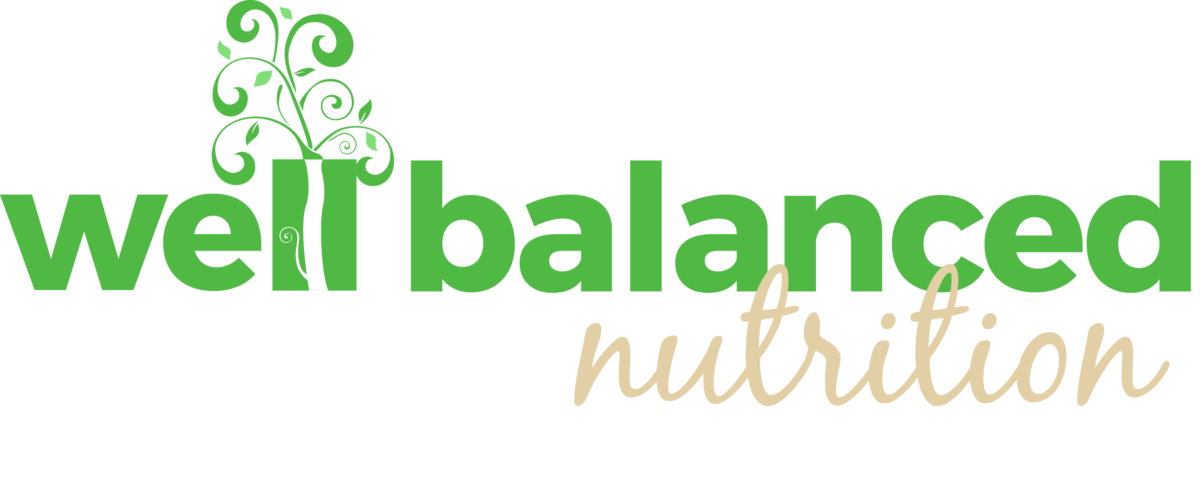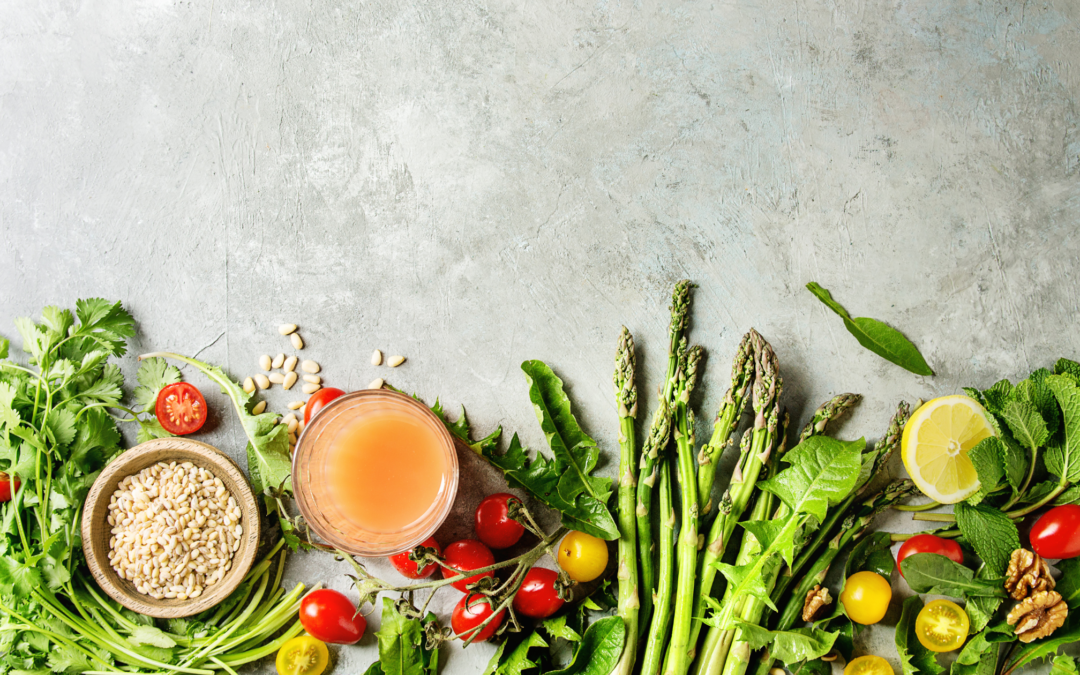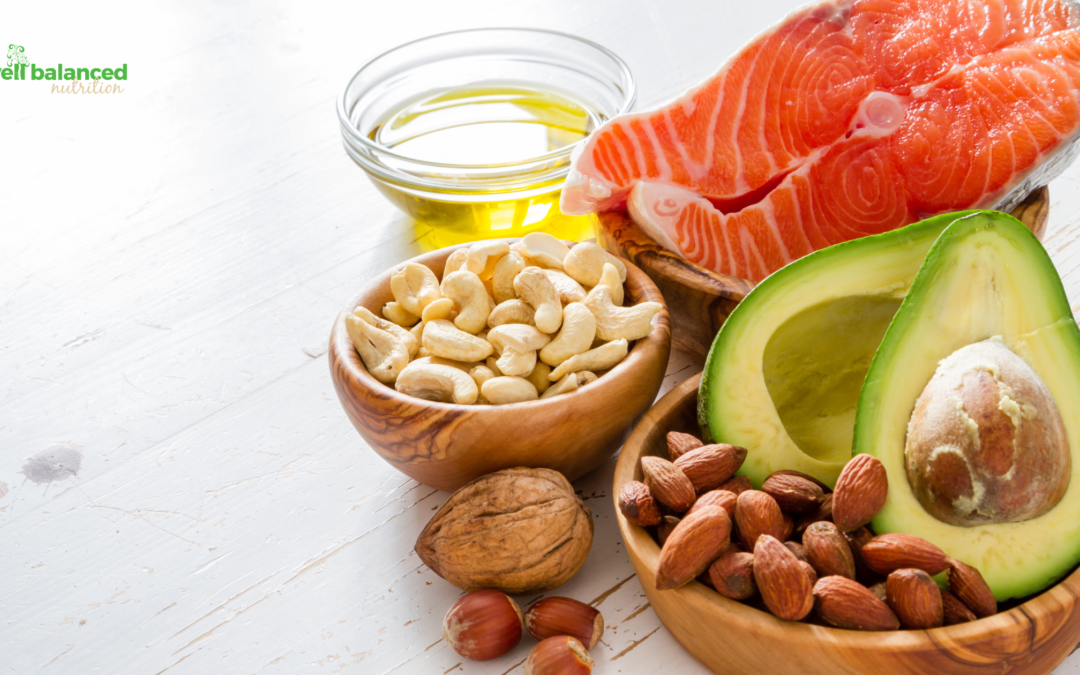Menopause. The change. Whatever you call it, it’s important to remember that it’s not a disease to be treated, but rather a normal stage of life. Menopause “officially” starts 12 months after your last period. That happens, on average, around the age of 51. Perimenopause often starts in the early- to mid-40s. This is when some may start feeling symptoms like:
- Weight gain—especially around the midsection
- Hot flashes and night sweats
- Difficulty sleeping
- Mood fluctuations
Why does this even happen? Some of the reasons behind all these changes include your changing hormones, metabolism, stress levels, and lifestyle.
Because your body goes through all these changes, its nutritional needs also change. Here are some expert nutrition tips to help you navigate the onset of menopause.
Nutrition tips for Perimenopause and Menopause
1. Hydration is Helpful
Some key menopausal symptoms may be improved simply by drinking more fluids. If hot flashes, night sweats, vaginal dryness, or bladder infections are affecting you, try drinking at least six 8-oz glasses of water per day to help hydrate you. It’s important to remember that we all slowly lose our sense of thirst with age. This means you can become less hydrated without even noticing it, through no fault of your own. So find ways to make it easy and appealing to sip on a hydrating beverage all day long. If water is challenging to drink, try herbal teas or jazz up your water with a lemon or lime. Start early in the morning so you get your fluids in well before it wakes you up in the middle of the night.
2. Rethink that Night Time Drink
Although that glass of wine feels like a great way to unwind at the end of the day, pay attention to how you feel when you have a nightly drink or two. Alcohol can worsen hot flashes and make it harder to stay asleep through the night. It can also increase your risk of getting or worsening many health conditions. Lastly, drinking beer, wine, or cocktails each night may be taking you over your energy needs for the day and contribute to weight gain.
3. Cut down on spicy foods, caffeine, and sugar
If hot flashes bother you, try avoiding common triggers like spicy foods and caffeine.
When it comes to sugar, the simplest way to cut down is to replace sugar-sweetened drinks with water or herbal tea. Also, excess sugar can be coming from things like chocolate, doughnuts, pastries, desserts, and snacks. If the thought of cutting out all sweets doesn’t sound fair (we agree), try eating smaller portions or even half-sized desserts. A recent study showed that menopausal women who consumed more sweets, fats, and snacks suffered from menopausal symptoms more than those who ate more fruits and vegetables. We’re talking hot flashes, night sweats, muscle and joint problems, and bladder issues were all worse for the dessert-lovers. Again, that doesn’t mean you have to deprive yourself completely! Find creative ways to enjoy sweets in a new, healthier way.
4. Be mindful of your energy needs.
For most, metabolism slows down gradually as we age. It happens for many reasons, including the fact that we tend to move around less throughout the day, exercise less, and lose muscle mass that doesn’t get used regularly. This means that by continuing to eat the same amount of food as you did in your 30s and 40s, you’ll start gaining weight. On average, women in their 50s and 60s gain about 1.5 pounds every year. Mindful eating can help. Try starting with smaller portions and paying attention to how much you need to feel full and satisfied.
PRO TIP: Avoid eating large meals close to bedtime, particularly if you have trouble sleeping.
5. Eat higher-quality foods
Focus on quality foods packed with nutrients (i.e., nutrient-dense foods). Think fruits, vegetables, beans, and whole grains. Eating enough protein cans support your muscles and bones. You can get protein from legumes, nuts, seeds, fish, and/or poultry. A recent study showed that menopausal women who ate the most greens had the fewest complaints about typical menopausal symptoms like hot flashes. By eating more nutrient-dense foods like these, you’ll get more vitamins, minerals, fiber, and protein—all of which are crucial to maintaining your health during and beyond the menopause transition.
PRO TIP: Your bones love calcium and vitamin D. Some of the richest sources of these are dairy products, fish with bones, and foods fortified with these nutrients (check your labels).
Bottom Line
A few simple diet and lifestyle changes can help improve common symptoms during perimenopause.
Be sure to drink enough fluids while minimizing alcohol; cut back on spicy foods, caffeine, and sugar; eat mindfully and build meals around higher-quality foods.
If you’d like personalized nutrition recommendations and coaching to help you feel your best during perimenopause and menopause, let’s start with a phone conversation to see how we can help! Set up a call today.
Related:
The Truth About Hormones and Nutrition – Free Workshop Recording. Nutrition can help support your hormone health. We share nutrition tips to help with sleep, your menstrual cycle, stress, and appetite.



